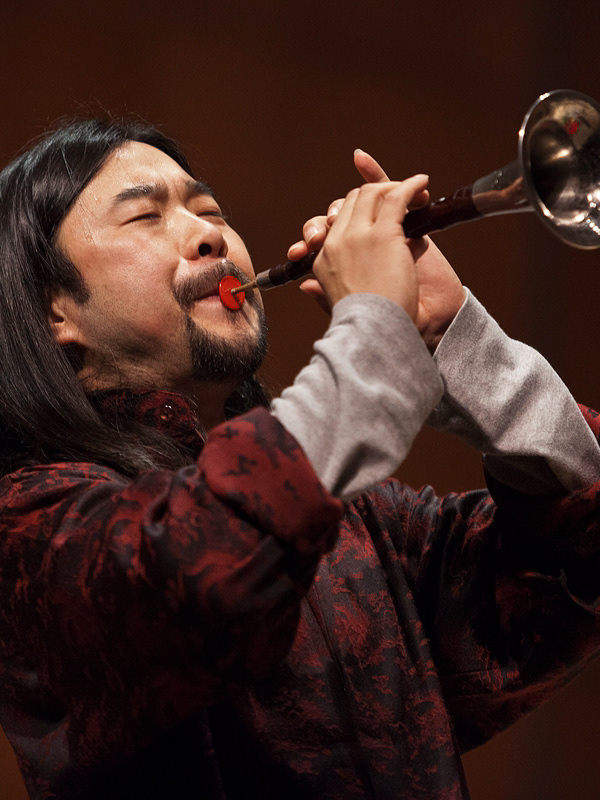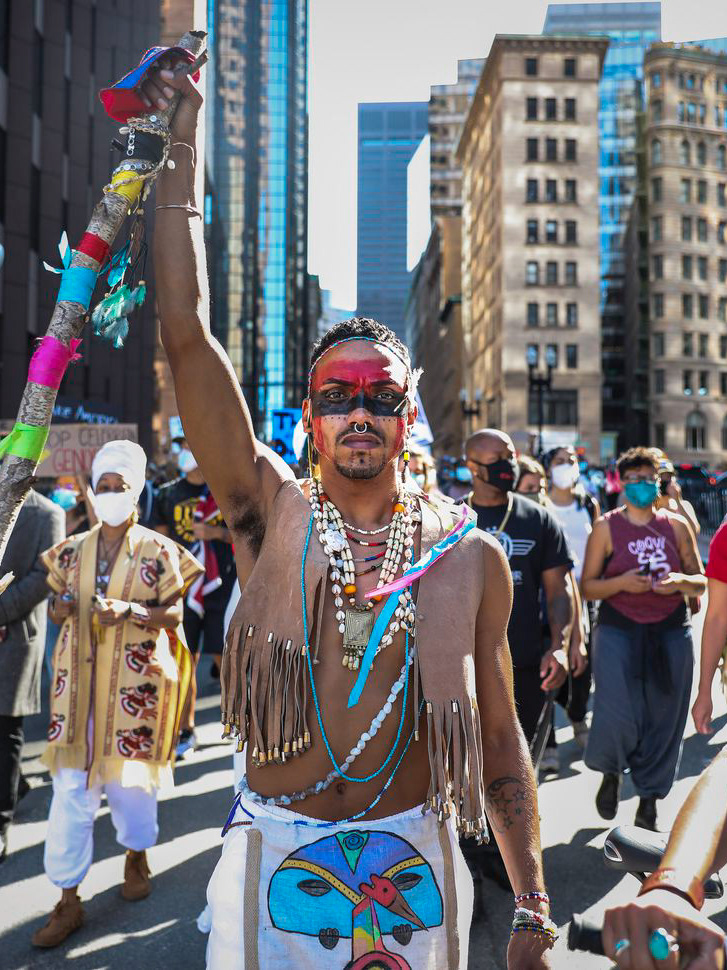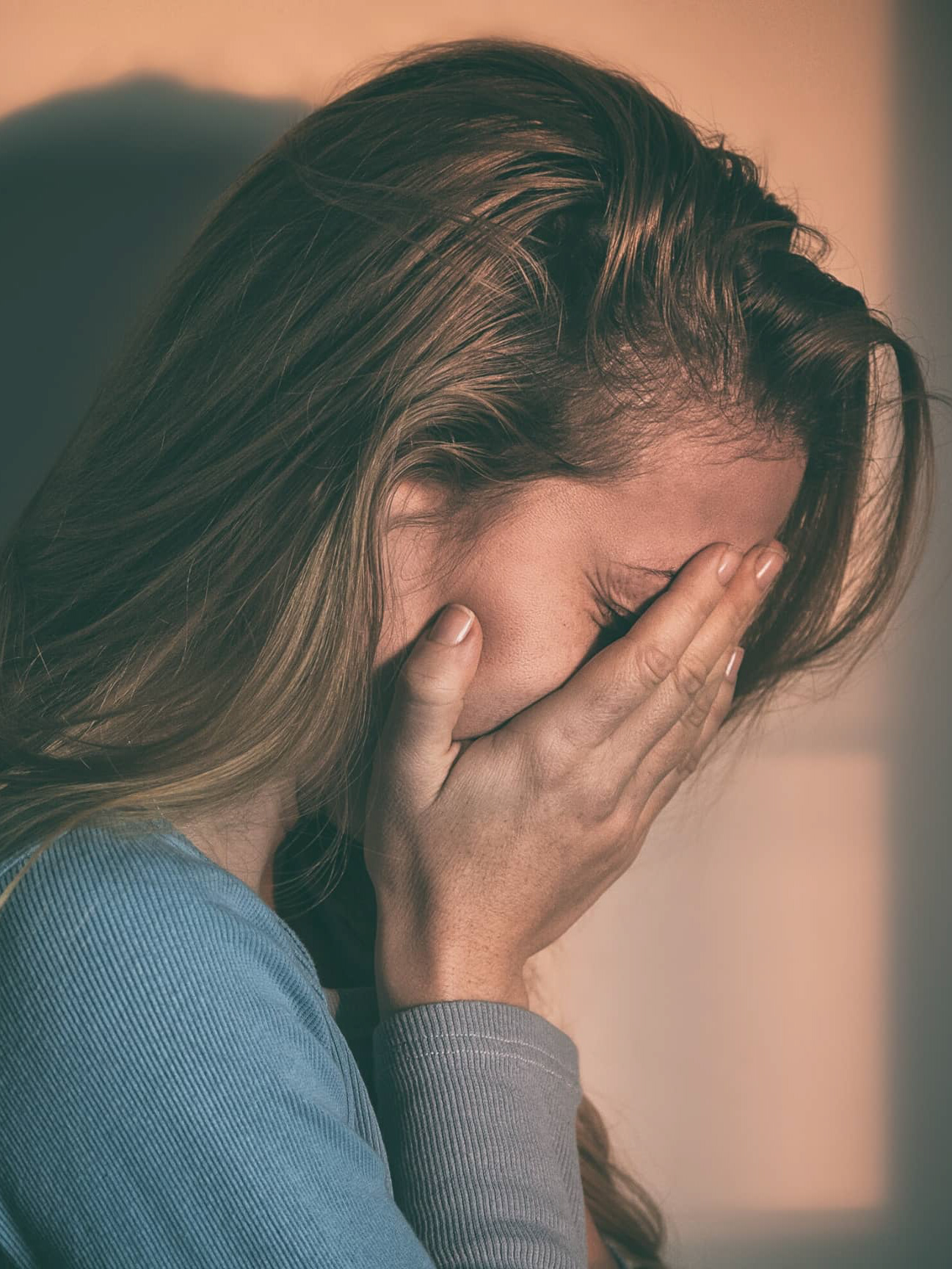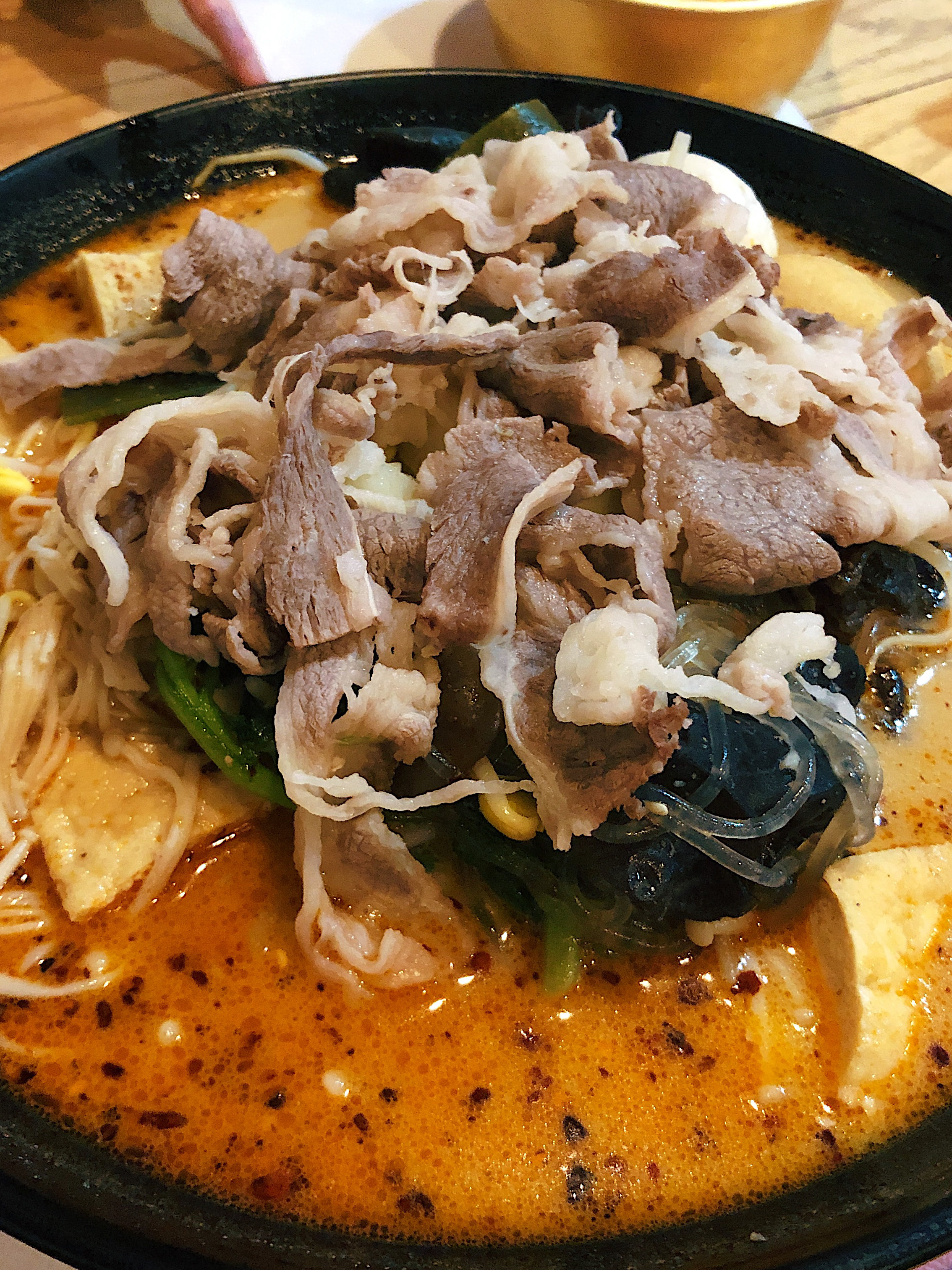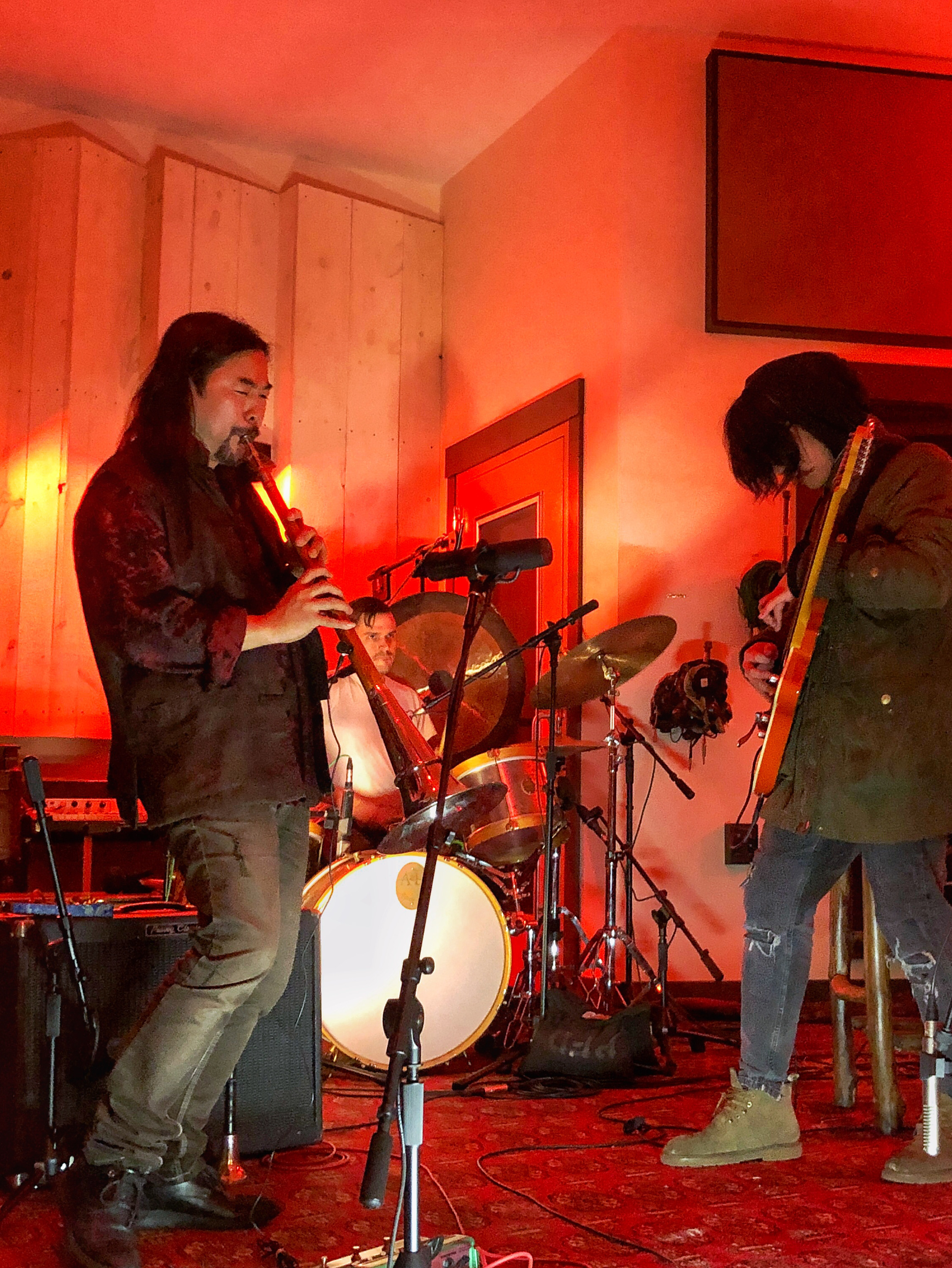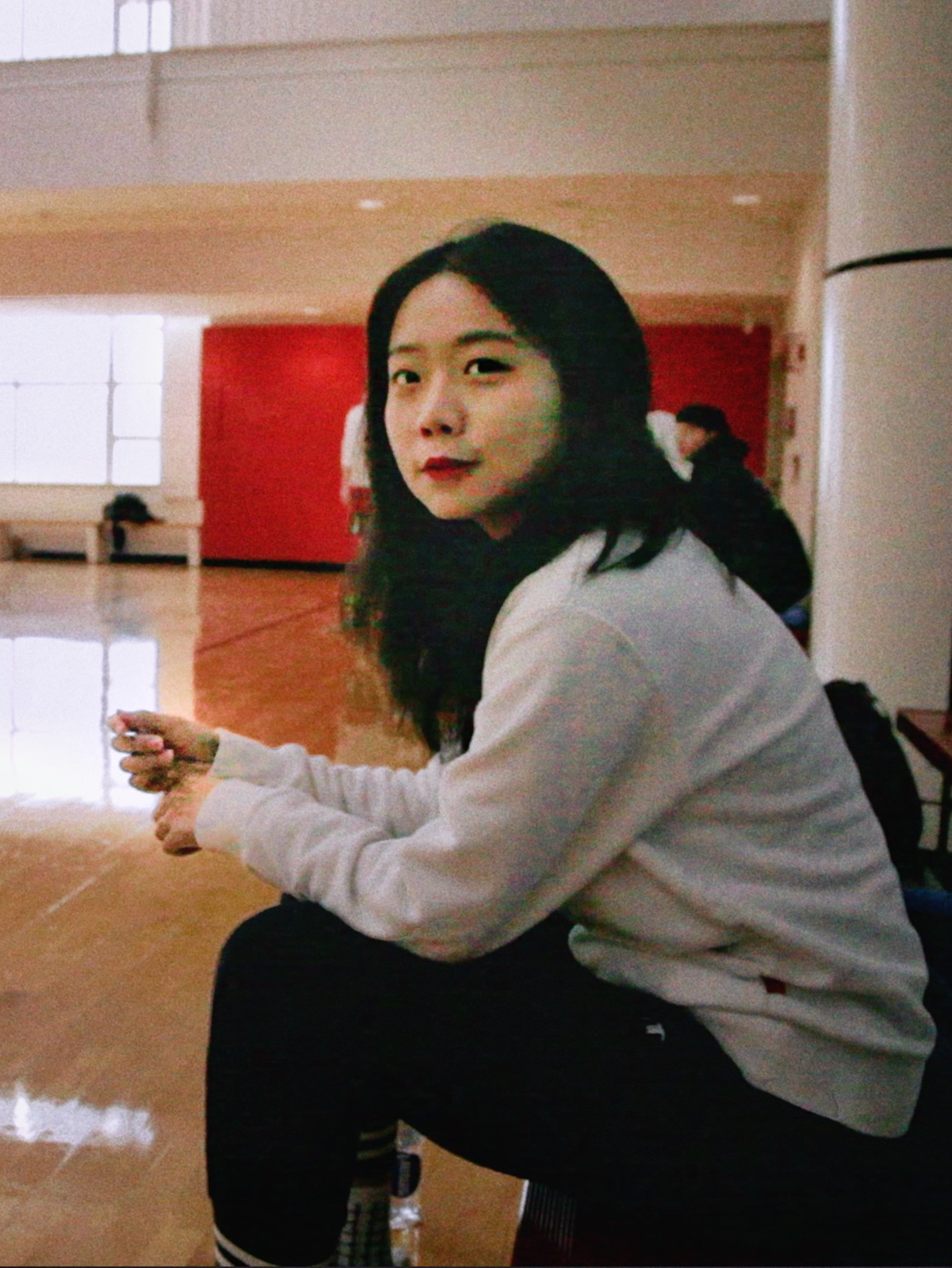November 5, 2019
Voters fill the booths at a polling station in Watertown, Mass. Photo credit to Robin Lubbock/WBUR
BOSTON – When Mark Trachtenberg become the election warden of Ward 21 Precinct 2 in Boston University in 2016, he was disappointed to learn the local elections, such as Tuesday’s vote for Boston city councilor election, never sees much participation.
Tuesday’s vote saw eight candidates running to fill four councilors at-large along with several other issues such as the change of street names.
But after six hours, only 14 came to vote.
“It’s disappointing,” Trachtenberg said. “People should know that the district city councilor can do a lot more for you than can the president of United States.”
Sitting behind the reception table in the polling station, which was moved to a classroom in the basement of 111 Cummington Mall due to building construction, Trachtenberg greeted every voter with a “Hello my friend”.
Trachtenberg said that Ward 21 Precinct 2 is not always so indifferent to elections. For national elections, there will be an estimated 600-700 participants; for state elections, 200 are expected; but for local elections like Tuesday's, normally around 20 people vote.
Matt Arnold, a Boston University biology student, was one of the few voters, coming in at the urging of a friend.
“Last time I vote is for the presidential election in 2016,” he said.
But he wasn’t sure who should get his vote. After he filled in the form of provisional ballot, he looked at the ballot and asked the clerk at the reception desk, “So which of them is the most environmentally friendly?”
“Environmental is something everybody should be concerned with,” Arnold said, also listing the city’s transportation situation as another concern.
When the clerk declined to answer, Arnold began searching his phone. The process took about 10 minutes.
“There isn’t one good place to get all the information,” Arnold said, “If I could directly ask candidates questions I would care more (about the elections). Or if they had, on the ballot, what they stood for, I think there will be a lot more people actively searching.”
Another voter, John Kim gave his insight about the low turnout. A web programmer at Boston University’s College of Engineering, Kim came to the polling station from his workplace across the street.
“Luckily I live and work in the same area. So it’s really convenient for me as I can just come here from work,” he said. “But I know a lot of people don’t have that benefit because they have to wait until they go home, and they have to go to the polling station, and they only open until 8 o’clock.”
Kim is fond of voting for various kinds of elections, and he spoke highly of this political participation.
“The local elections most directly affect my day-to-day life,” he said, “I would be happy to see the voting become as easy as possible, whether through making it more than one day or a holiday, or just allowing a mail-in vote.”
